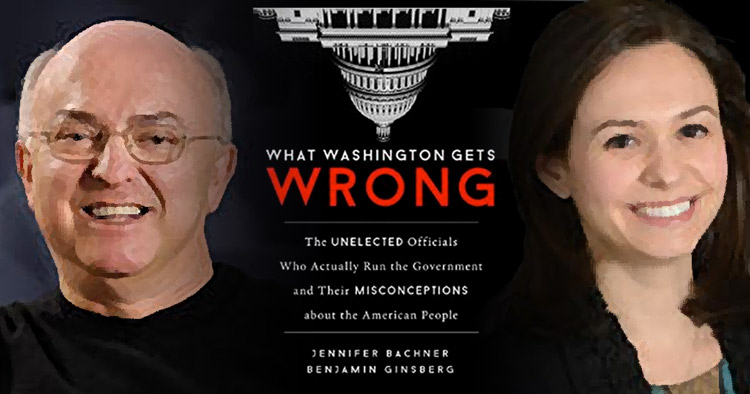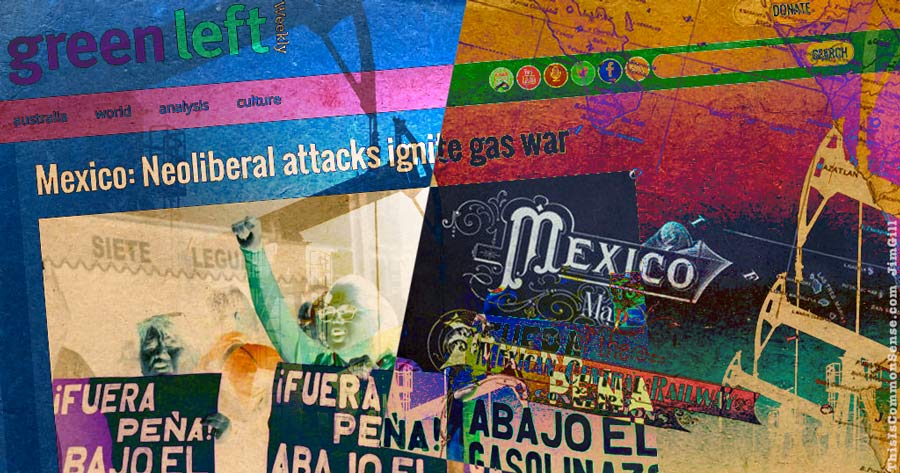After establishing, during the big Super Bowl day interview, that President Donald Trump respects Russian leader Vladimir Putin, Bill O’Reilly asked why.
After all, the Fox News star challenged, “Putin’s a killer.”*
“We’ve got a lot of killers,” Trump replied. “What, you think our country’s so innocent?”
This disturbed just about everyone. On the left, it was more evidence of Russian influence. The right recoiled at Trump doing the leftist thing, equating our moral failings with the much worse failings of others.
“I don’t think there’s any equivalency between the way that the Russians conduct themselves,” insisted Senate Majority Leader Mitch McConnell (R‑Ky), “and the way the United States does.”
But is that really what Trump said? He merely pooh-poohed America’s innocence.**
And not without cause. His predecessor, after all, holds the world record (not Nobel-worthy) in drone-striking the innocent as well as the guilty in seven countries … none of which the U.S. has declared war upon.
But wait: if “we’ve got killers” is the new acceptable-in-public truth, then why not “we’ve got currency manipulators”?
Yes, I’m shifting focus from east of Eastern Europe onto the Far East. According to a different Fox report, “Trump accused China and Japan of currency manipulation, saying they play ‘the devaluation market and we sit there like a bunch of dummies.’”
Despite incoherent objections from Japan***, let’s not forget the obvious: the U.S. manipulates currency, too. What do you think the Federal Reserve is for?
I mention this not to rub Trump’s nose in hypocrisy. It’s to establish an estoppel principle here.
How may we object when others do that which we do ourselves?
This is Common Sense. I’m Paul Jacob.
* The Russian State is asking for an apology from O’Reilly. Not for a retraction on the grounds of truth, mind you, but an apology. O’Reilly wryly balks.
** Which certainly doesn’t absolve Vladimir Putin of guilt.
*** Yoshihide Suga, a spokesperson for the Japanese Government, insists that “the aim of monetary policies that have pulled the yen lower is to spur inflation, not devalue the currency.” Nice distinction. Thanks.











